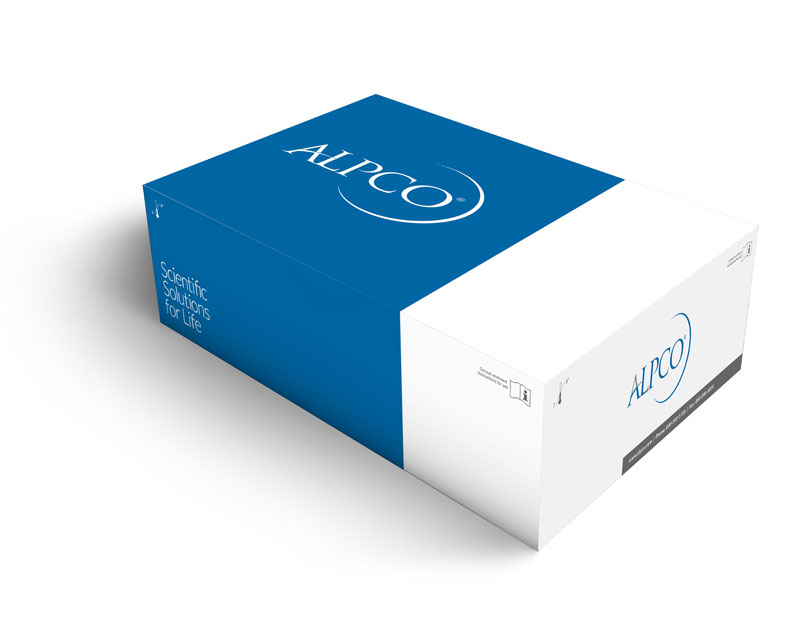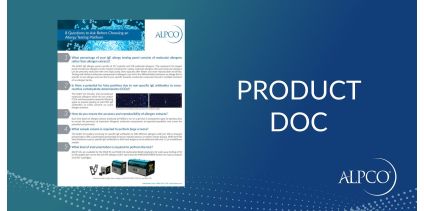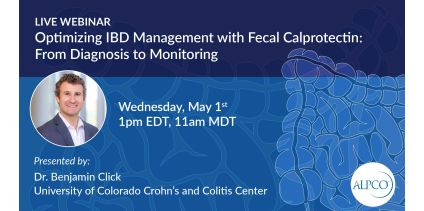Norovirus I & II RT-PCR Kit
$1,286.00
Catalog
86-NV2HU-100
The Norovirus I & II RT-PCR Kit is a multiplex real-time RT-PCR assay for the direct, qualitative detection and differentiation of norovirus (genogroup I and II) from human stool samples. Research Use Only. Not for Use in Diagnostic Procedures.
Species
Human
Regulatory Status
Research Use Only. Not for Use in Diagnostic Procedures.
Product Distribution
Available in North America Only
Sensitivity
≥ 50 RNA copies
Sizes
100 Tests
Sample Types
Stool
Inc Time Hour
< 1.5
Inc Time Overnight
No
Inc Time See Protocol
No
Detection
Fluorescence
The Norovirus I & II RT-PCR Kit has been tested on Roche LightCycler 480II, Agilent Technologies Mx3005P, Applied Biosystems ABI 7500, Bio-Rad CFX96, and QIAGEN Rotor-Gene Q real-time PCR instruments. Norovirus IV will also be detected by the Norovirus I & II RT-PCR Kit. Contact ALPCO for additional real-time PCR instrument information.
The norovirus I & II RT-PCR is a multiplex real-time PCR assay for the direct, qualitative detection and differentiation of norovirus genogroup GI RNA and norovirus genogroup GII RNA from human stool samples. Detection takes place in one-step real-time RT-PCR format where the reverse transcription (RT) and the subsequent PCR takes place in the same reaction tube. The isolated RNA is transcribed into cDNA using a reverse transcriptase. Subsequently amplification of the gene fragments specific for norovirus GI and GII occurs if present. The amplified targets (ORF1/ORF2 junction region) are detected with hydrolysis probes, which are labeled at one end with a quencher and at the other end with a fluorescent reporter dye (fluorophore). In the presence of a target, the probes hybridize to the amplicons. During the extension step, the Taq-polymerase breaks the reporter-quencher proximity. The reporter emits a fluorescence signal which is detected by the optical unit of a real-time PCR instrument. The fluorescence signal increases with the amount of formed amplicons. The norovirus I & II RT-PCR assay contains an Internal Control RNA (ICR) as an internal control of the sample preparation procedure and to determine possible PCR inhibition.







